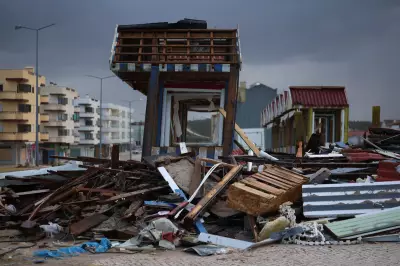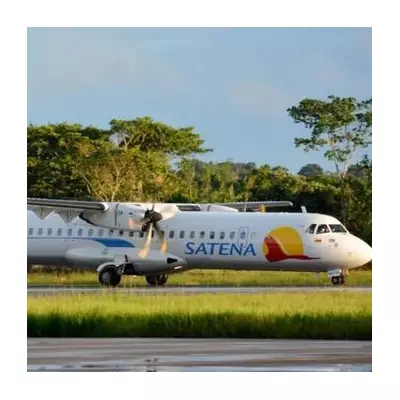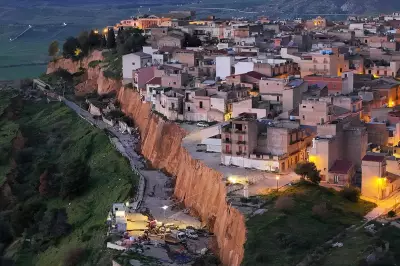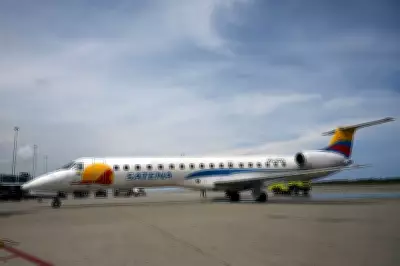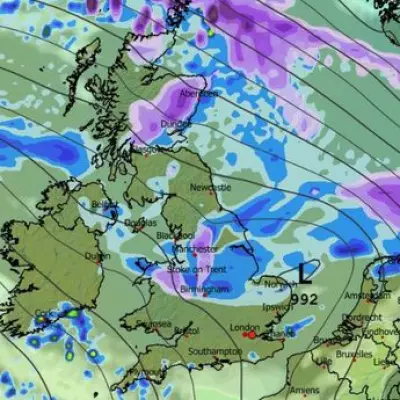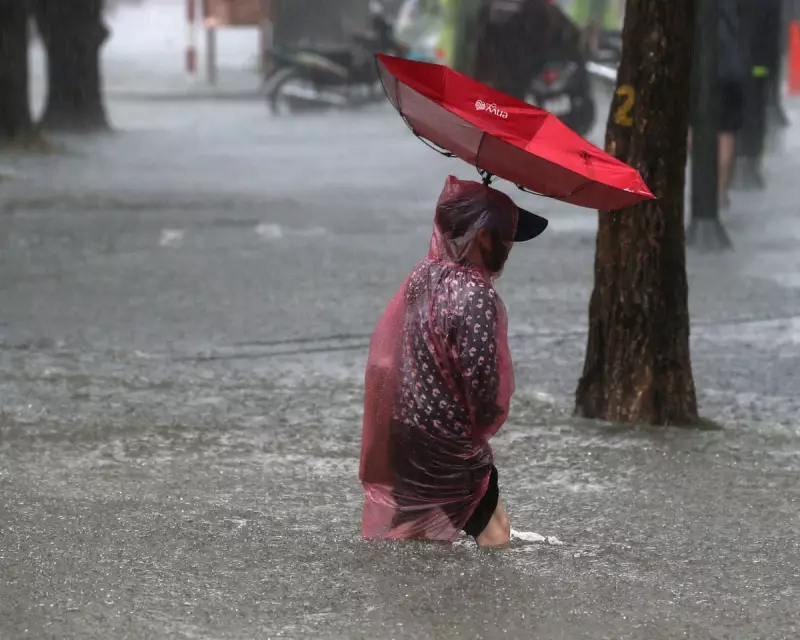
They unleash similar devastation with ferocious winds and torrential rains, but why do we call these powerful storms hurricanes in the Atlantic and typhoons in the Pacific? The answer lies not in the nature of the storm itself, but in the geography of where it forms.
The Geographical Divide: Location is Everything
Meteorologically speaking, hurricanes, typhoons, and cyclones are identical phenomena - they are all technically 'tropical cyclones'. The different names are purely a matter of location:
- Hurricanes rage in the North Atlantic, Caribbean Sea, Gulf of Mexico, and the central and eastern North Pacific
- Typhoons dominate the northwestern Pacific Ocean, particularly around Asia
- Cyclones occur in the South Pacific and Indian Ocean
More Than Just a Name: Regional Characteristics
While the fundamental mechanics are the same, these storms do exhibit regional characteristics. The western Pacific's vast warm waters often allow typhoons to grow into the most powerful storms on Earth, sometimes achieving super typhoon status.
For the UK, understanding these distinctions becomes increasingly relevant as climate change influences global weather patterns. While Britain doesn't experience hurricanes directly, the remnants of these systems can significantly affect our weather, bringing heavy rainfall and strong winds.
The Science Behind the Storms
All tropical cyclones share the same formation requirements: warm ocean waters (at least 26.5°C), atmospheric moisture, and specific wind conditions. When these elements combine, they create the familiar rotating structure that can develop into nature's most powerful storms.
The naming conventions have evolved over centuries, reflecting the maritime traditions and languages of the regions where these storms most commonly occur. Today, international meteorological organisations maintain strict monitoring and naming systems for all tropical cyclones worldwide.

